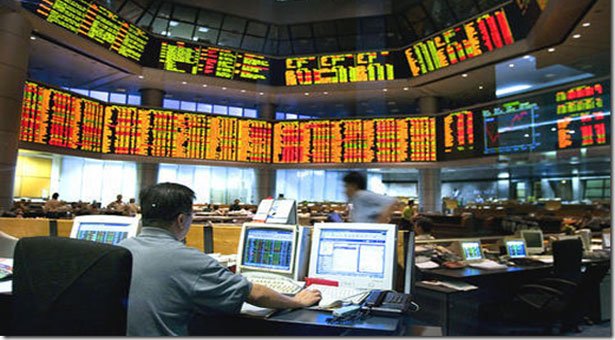
Most Asian markets have fallen again as investors continue to react to news that the Federal Reserve could begin to scale back its stimulus programme.
South Korea’s main index dropped 1.5% while Australia’s lost 0.4%. However, Japan’s Nikkei reversed early losses.
The indexes in Shanghai and Hong Kong were down more than 2% in early trade but pared losses.
On Thursday in the US, the Dow Jones share index fell 2.3% – its biggest drop this year.
The Fed has been trying to support the weak US economy by buying bonds at a rate of $85 billion a month, under a policy known as quantitative easing (QE).
However, on Wednesday, Fed chairman Ben Bernanke said that if the US economy continued to show sign of improvement the central bank could start to slow down its bond purchases as early as this year and end the programme next year.

The excess liquidity in the US has meant a lot of funds have been flowing into emerging markets, especially in Asia.
“Asia has benefited from US capital inflows, partly in relation to QE,” said Mitul Kotecha, from Credit Agricole CIB.
“It has been force-fed with steroids, and now that the steroids are going to be pulled back what will happen is a period of transitional volatility that can continue through summer.”
Currencies in Asia were weak as well against the US dollar, however the weakness in the Japanese yen caused a big reversal in the Nikkei in late trade.
The Nikkei, which had sank more than 2% during the morning trading session, finished 1.7% higher.
A weak yen is good news for Japanese exporters as it makes their goods cheaper overseas and boosts profits that are repatriated back home.
Exporters led the gains with Suzuki Motor jumping nearly 4% and Fast Retailing surging more than 6%.
[youtube xcd-bYLUhP0]